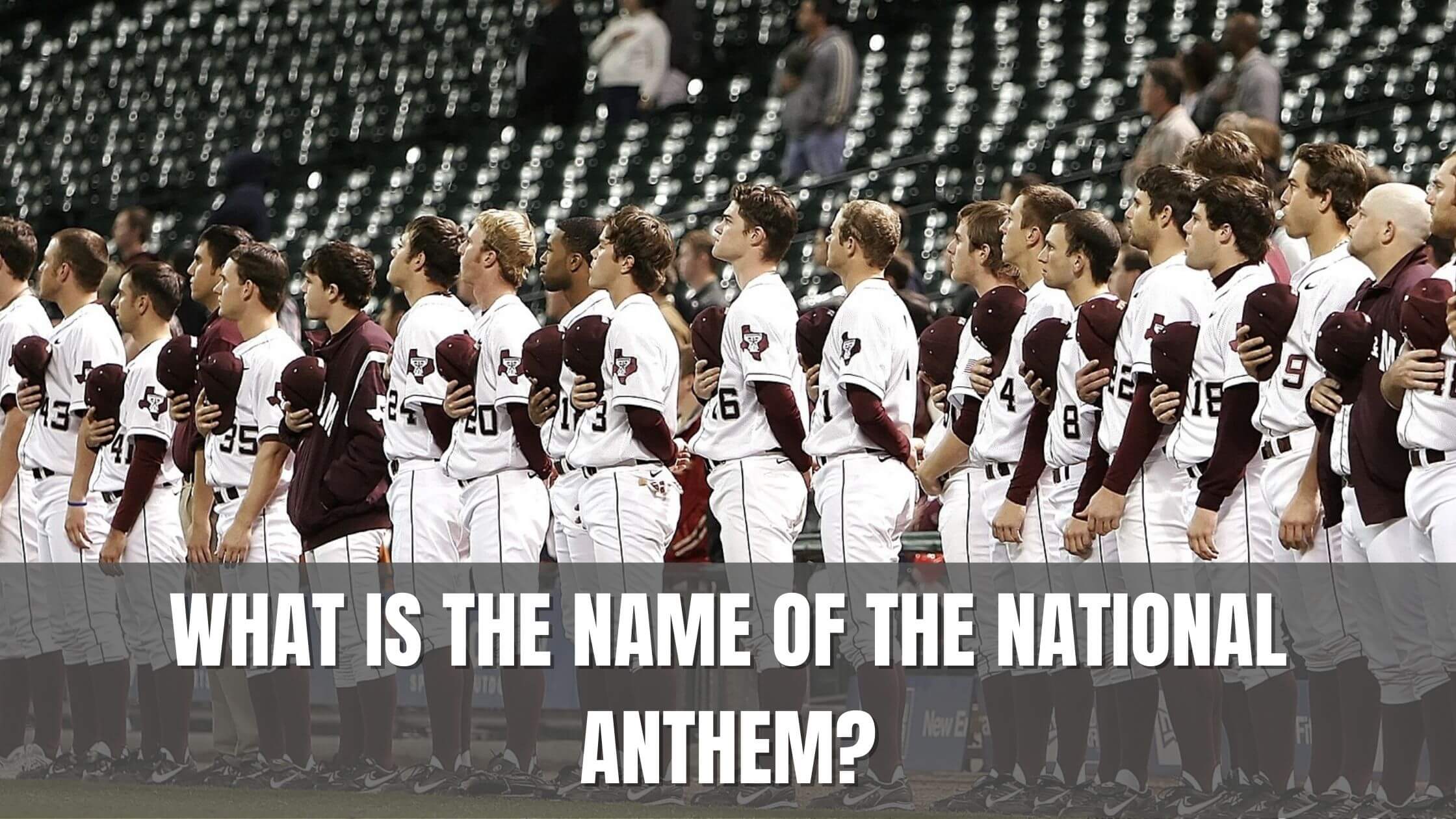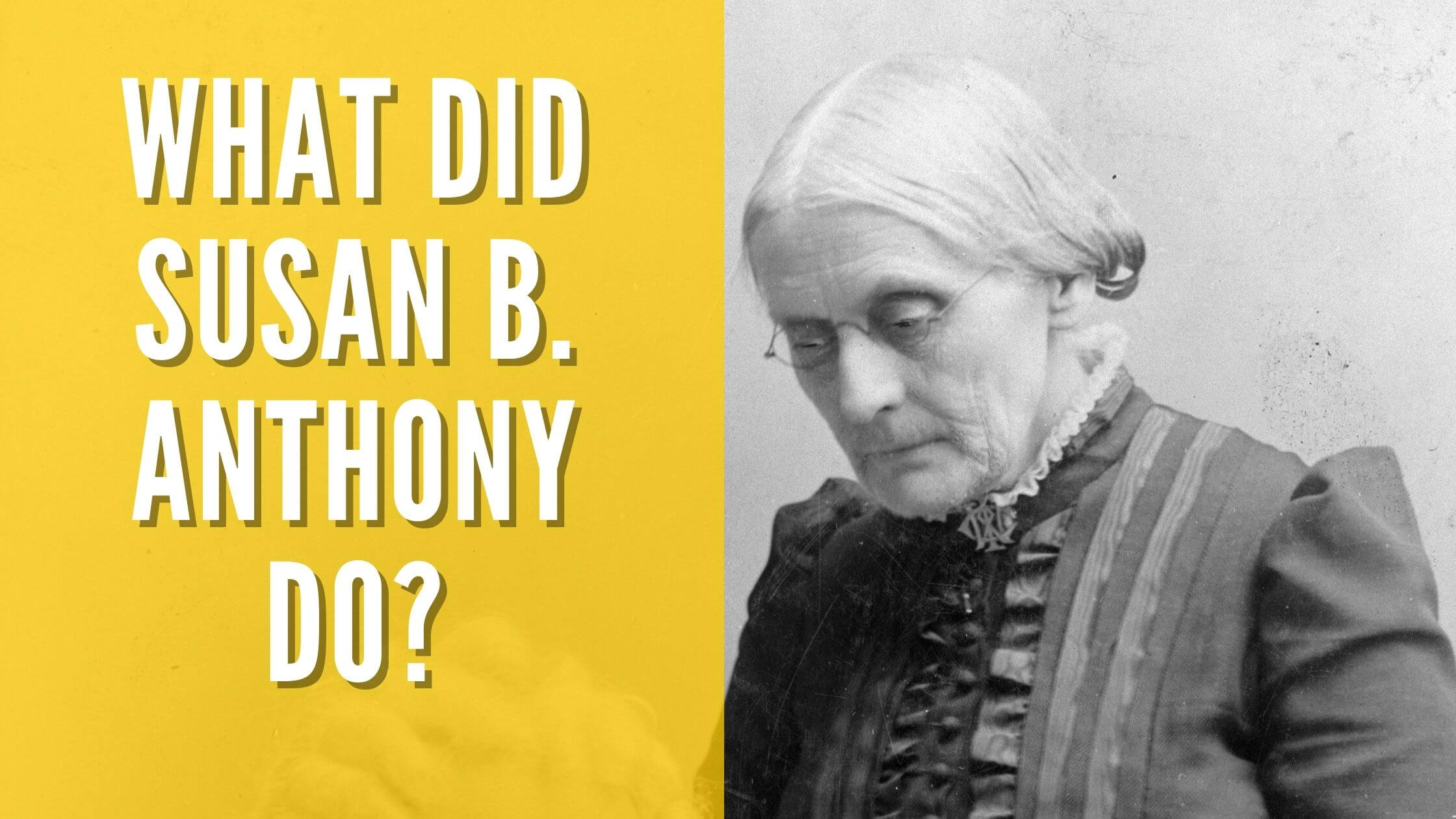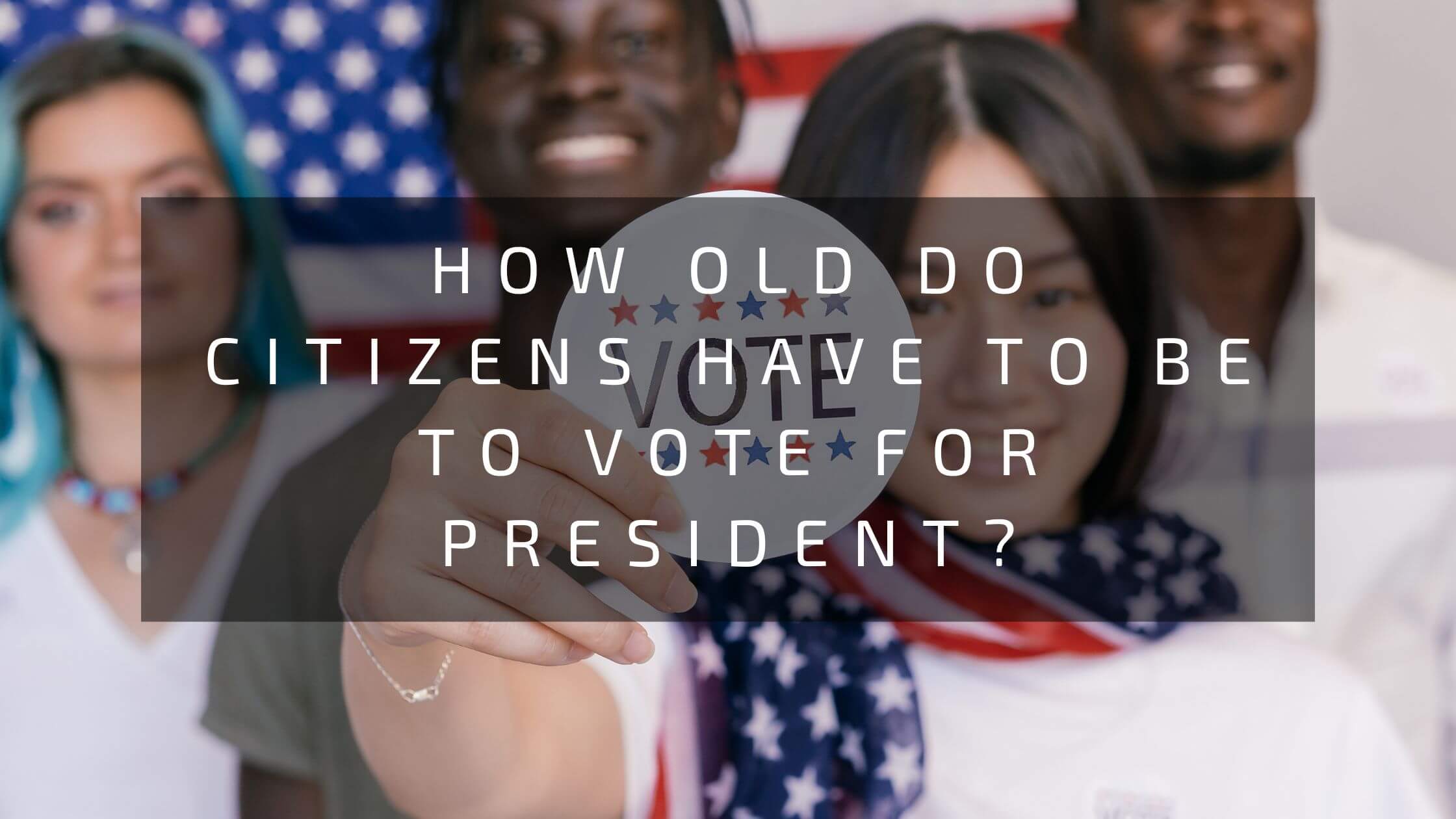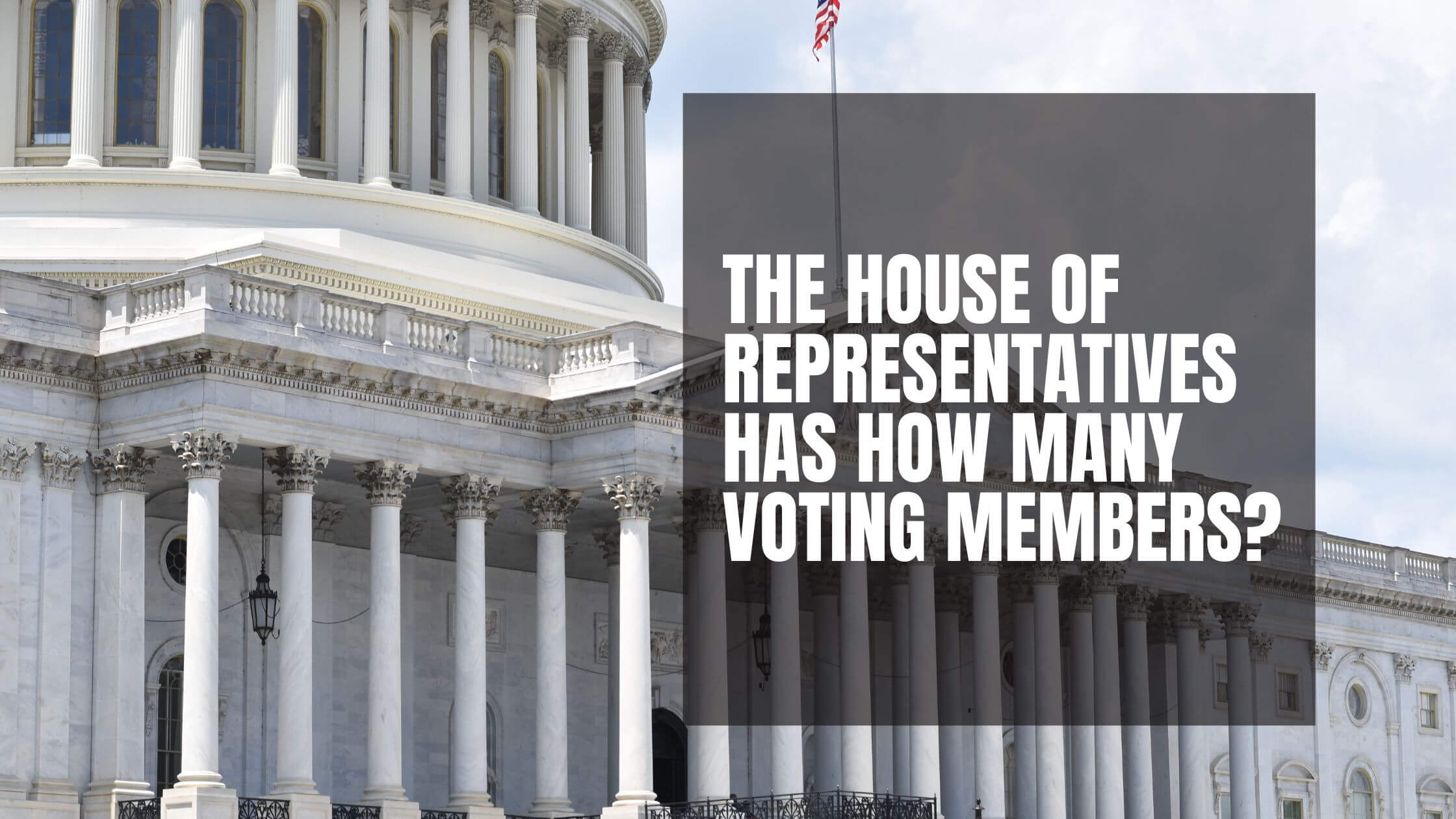Table of Contents
ToggleSources
- https://www.archives.gov/founding-docs/declaration-transcript
The National Archives provides the full transcript of the Declaration of Independence, which outlines the colonists' grievances against the British, including taxation without representation and the Quartering Act. - https://www.history.com/topics/american-revolution/stamp-act
History.com offers a detailed explanation of the Stamp Act of 1765, one of the key grievances mentioned in the blog post, and its role in inciting colonial rebellion. - https://www.britannica.com/event/American-Revolution
Encyclopaedia Britannica provides an authoritative overview of the American Revolution, including the causes such as high taxes, lack of self-government, and the Quartering Act. - https://www.loc.gov/classroom-materials/united-states-history-primary-source-timeline/american-revolution-1763-1783/
The Library of Congress offers primary sources and historical context about the American Revolution, including the Intolerable Acts and the colonists' push for independence. - https://www.ushistory.org/us/9.asp
USHistory.org provides a comprehensive explanation of the causes of the American Revolution, including taxation without representation and the Quartering Act, aligning with the blog post's content.
Key Points
- The colonists fought the British primarily due to high taxation (taxation without representation), lack of self-government, and the Quartering Act.
- The British increased taxes suddenly and arbitrarily, which the colonists saw as unjust and solely for England's benefit.
- The Quartering Act of 1765 required colonists to house British soldiers at their own expense, further antagonizing them.
- Colonial assemblies often refused to comply with the Quartering Act by not allocating funds, leading to British retaliation like suspending New York's legislature.
- The Intolerable Acts, including the Stamp Act, Townshend Acts, and Tea Act, were seen as punitive measures that intensified colonial resentment.
- The French and Indian War increased British debt, leading to higher taxes on colonists, who felt they shouldn't pay for European conflicts.
- Colonists desired self-governance and resented British control over trade, which restricted their economic freedom.
- The colonists had developed a distinct identity and common bond, making British rule seem impractical and unjust.
- The British Bill of Rights (1689) influenced colonists' ideas about self-government, as they were already accustomed to governing through colonial assemblies.
- After winning independence, the U.S. implemented the Third Amendment to prevent future abuses like the Quartering Act.
Summary
The colonists fought the British primarily due to high taxation without representation, unjust laws like the Quartering Act, and a desire for self-government. Key grievances included sudden tax hikes, forced housing of British soldiers, and trade restrictions, which fueled resentment and led to the Revolutionary War. After gaining independence, Americans established protections like the Third Amendment to prevent similar abuses of power.
To pass the US citizenship test, you will have to answer 10 of a possible 100 questions. The following question is from the USCIS test.
Why did the colonists fight the British?
Acceptable Answers:
- because of high taxes (taxation without representation)
- because the British army stayed in their houses (boarding, quartering)
- because they didn’t have self-government
The following is a full explanation of the USCIS question:
The colonists fought the British primarily due to high taxation, which led to the Boston Tea Party, other rebellious acts, and eventually revolution.
They wanted self-government in North America to bring an end to what were viewed as unjust laws, such as the the Quartering Act of 1765, which required colonists to house British soldiers at their own expense.
High Taxes, Unjust Laws and Interest in Self-Rule
Initially, taxes for people in the American Colonies were low. The British Monarchy did not give the colonists the same rights as the English, but they were lenient in other ways. The colonists were mostly left to their own devices, without a voice in England or owing much to the crown.
However, the British government had always intended to profit from the colonies. They decided to greatly increase taxes, which did not sit well with the colonists. Such heavy taxation begged the question, if the colonists now had to pay taxes to the crown, why did they not have the same rights as the English?
The public perception was that King George III was treating them like the population of a conquered territory. This led to a rebellion which escalated into a war that prompted the colonists to demand independence and not more rights under British rule.
Why Did Taxes Lead to the Revolt?
Ordinarily, populations tolerate taxes without revolting against their governments. What made high taxes intolerable to the people of the American Colonies at the time?
Taxes were not particularly high but raised suddenly without the colonists having any say in this decision. The tax increases were so arbitrary that they seemed solely for the benefit of England. The seemingly random and erratic nature of the increases greatly frustrated the colonists.
From the point of view of the British government, taxes were necessary to cover the costs of recent wars. British debt was at 140% of yearly tax revenue, and much of the tax revenue went towards debt reduction and not government funding. The British argued that the taxes were reasonable and not excessive.
Colonists Were Obliged to House British Soldiers
In 1765, the British government passed the Quartering Act, which required the colonists to provide lodging for soldiers. While soldiers usually stayed at inns and public buildings instead of private homes, colonists were still required to provide for the soldiers.
As the cost of doing so fell upon colonial legislatures, it was considered a form of taxation. In 1766 the British passed a second Quartering Act and an even more burdensome one in 1774.
These acts increasingly antagonized the colonists and turned them further against the British. They were expected to purchase vacant buildings to house British soldiers, which tested their tolerance to the limit.
Colonial Assemblies Refused to House Soldiers
Since the quartering acts were vague, it was easy to refuse to obey them. Colonial assemblies were in charge of the budget, and simply did not set aside funds for housing soldiers.
In response to this defiance, the British suspended New York’s legislature to coerce them into obeying the Quartering Act. Eventually, a compromise was reached, but colonists continued to object to these laws.
The 1774 Quartering Act handed even more rights to the British at the expense of the colonists.
The Quartering Act – One of the Intolerable Acts
The Quartering Act was only one of many coercive acts that the colonists called the Intolerable Acts. These laws were intended to punish any disobedience. It became abundantly clear to the people prior to the Revolutionary War that King George did not want the colonists to have as many rights as British citizens.
The intolerable acts included:
- The Stamp Act of 1765 that required everything printed in the United States to be on paper made in Britain, which was more expensive than locally produced paper.
- The Townshend Acts of 1767, which were several different coercive acts passed by Charles Townshend.
- The Tea Act of 1773, which required colonists to buy British tea and not source it from elsewhere, which led to the Boston Tea Party and intensified the conflict that led to the war.
After the Continental Army defeated King George III and established American independence, they ensured that nothing similar to the Quartering Act could happen again. The Third Amendment of the constitution limits the rights of soldiers to use private property.
Other Grievances
The French and Indian War, in which George Washington fought for the British government, was costly in terms of lives and money, and caused colonial resentment. It put the British government into debt, and they expected the colonists to pay for much of its costs.
As the French and Indian War was part of the larger Seven Years War in Europe, the American colonists believed that they should not have to pay for the costs of the conflict.

Get Smarter on US News, History, and the Constitution
Join the thousands of fellow patriots who rely on our 5-minute newsletter to stay informed on the key events and trends that shaped our nation's past and continue to shape its present.
The British also took greater control of the American economy and stipulated that Americans were no longer allowed to trade with France, the Colony of New France, or Spain. This prompted the colonists to question whether the British had the right to rule over them.
The People Did Not Have Independence
The colonists felt increasingly independent of the British Empire and strongly desired self governance. They also wished to trade with whomever they chose and not be forced to buy British goods.
Being ruled over by a government on the other side of the Atlantic was deemed impractical and there was a consensus that the British government had little to offer them. The people of different colonies had developed a common bond that set them apart from the people in Britain.
The Idea of Self-Government Was Popular at the Time
Long after the English Civil War (1642-1651) and in the wake of the Glorious Revolution (1688), the British Bill of Rights passed in 1689. The Bill of Rights stated that the British Parliament, and not the monarch, was the highest authority.
Americans were also used to governing themselves, and the American Revolutionary War was instigated when Great Britain tried to take their independence away. When the British started to exercise more control and demand more taxes, the colonists saw this as an affront to their independent ways.
The colonists already had colonial assemblies in place, which were similar to state legislatures, so it was not difficult for them to imagine an American Government that could replace the British government. After the Revolutionary War, the Americans set up a Federal Government to unite and defend the states.
Why Did the Colonists Fight the British? Quiz
Frequently Asked Questions
Why did the colonists fight the British?
What was the Quartering Act and why was it significant?
What were some of the 'Intolerable Acts' imposed on the colonists?
How did the colonists respond to the Quartering Act?
What role did self-government play in the colonists' desire for independence?
How useful was this post?
Click on a star to rate it!
Average rating / 5. Vote count:
No votes so far! Be the first to rate this post.
We are sorry that this post was not useful for you!
Let us improve this post!
Tell us how we can improve this post?








One Response
Do you think the Jan 6 event was caused by state voter corruption?